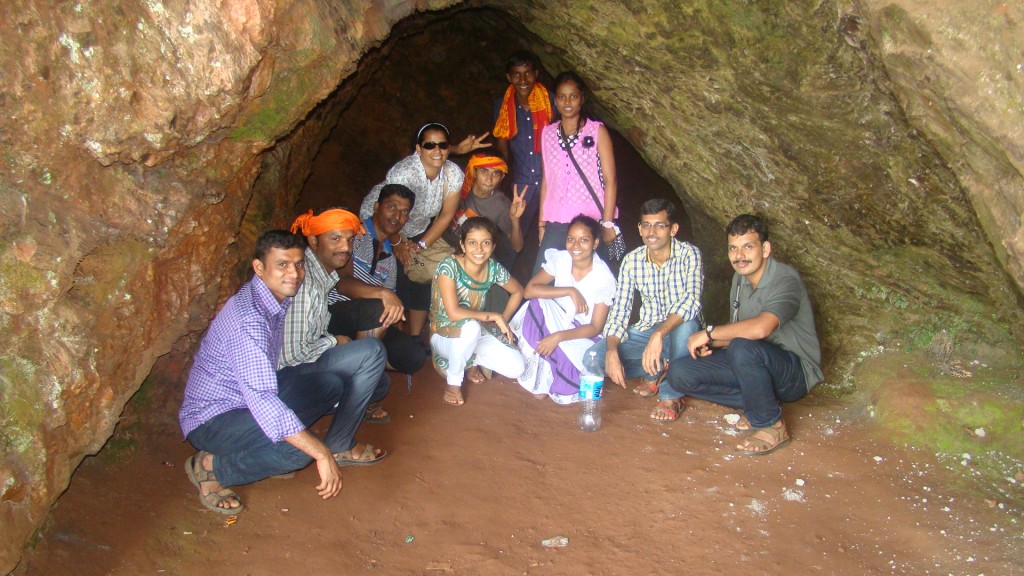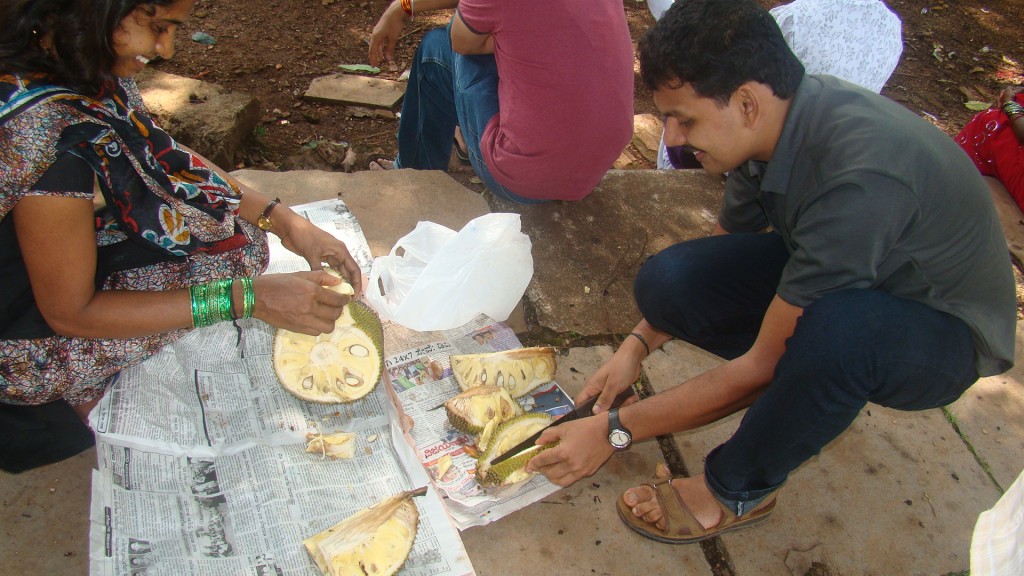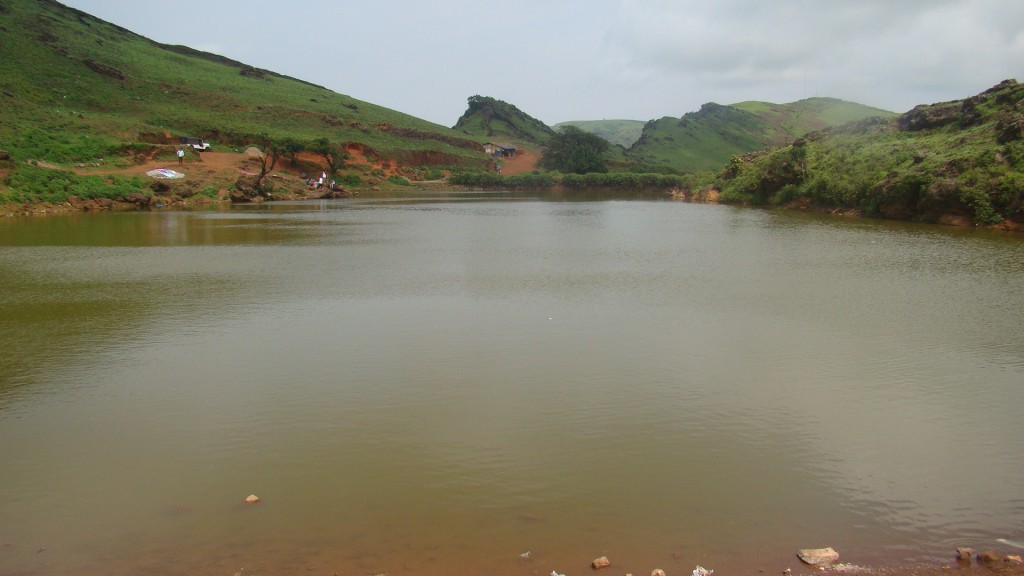Recently, 9 coconut oil brands have been banned by food safety department in kerala.
The department has banned oil brands Kera Plus, Green Kerala, Kerala A-one, Kera Super, Kera drops, Blaze, Pulari, Coco sudham and Kallada Priyam from the state on Wednesday, 8 April, reported Asianet News.
Having experience of 3.5 years in this coconut oil market, this is no news, it has been quite rampant. Here are a few relevant points –
- A famous entrenched brand of Coconut Oil, market leader in Dakshina Kannada and Udupi is adulterated. It is a great case study of how one can build market leadership by satisfying traders than consumers
- If the brand from Dakshina Kannada has name ending with letter ‘A’ it is definitely adulterated. A market leader will create many followers, who unfortunately have picked up the same bad habbit.
- Coconut Oil brands from re-packers are more likely to be adulterated than those from oil manufacturers
- At all India level, a famous brand from east having 5% national market share with tagline “Mera Pyar …” is not pure coconut oil. Legally speaking they have never claimed it is pure coconut oil, but they have not let the consumers know it is not pure either
- KLF, a major coconut oil manufacturer in a bid to take on adulterated coconut oil with price is introducing blended coconut oil with sunflower oil
- Oil Millers from Kerala are best friends of coastal karnataka based traders, as they sell coconut oil at lower price and buy copra from them giving a higher price. How is that possible?
- Consumers have lost faith in coconut oil. Not because coconut oil is bad, but the coconut oil that they get is so bad. Example of how an industry can devalue the product they sell
- In the midst of all this, genuine oil millers are getting badly affected, traders measure brands only by price. So a forum was started in Kerala to save coconut oil
Palm Kernel Oil
Palm Kernel Oil among oils is the closest to coconut oil in terms of chemical characteristics especially fatty acid saturation level. It blends easily with coconut oil, price is only about 60% that of coconut oil. So, mixing makes perfect sense. As I observed in North Karnataka market especially Belagavi, 90% of oil that is traded as coconut oil is actually palm kernel oil. I met a witty trader who said, “Your coconut oil prices changes with copra prices, but here it doesn’t, it only varies with palm oil prices”. I couldn’t control my laughter. At the time I visited Belagavi, price of so-called coconut oil was lesser than that of its raw material i.e. copra. Their defense is people in villages like to purchase hair oil at cheaper price, after all it is still a vegetable product.
Chips/Paring Oil
While manufacturing Desiccated Coconut Powder, the black skin in coconut is removed and only kernel is powdered and dried to make final product. This skin is a byproduct. It is dried and sold at about 65% of cost of copra. Like copra it is also rich in oil content. But the quality of oil is inferior to that from copra. Most manufacturers mix these chips with copra for oil extraction. Sophisticated manufacturers extract oil separately, refine, bleach and deodorize it to remove of excess FFA, dark colour and bad odour. This is later mixed with pure coconut oil or packed as it is. There is a large such unit in Tiptur that makes “Kasadinda Rasa” as we say in Kannada, turning a waste into a useful thing. Possible defense is it is oil extracted out of coconut and is hence coconut oil. That unit is not to be blamed (legally) as this oil can be used for making soaps. But the re-packers who buy this oil for marketing as edible oil is to be blamed.
The above 2 forms of adulteration can be detected easily by testing for Iodine Value. Iodine Value indicates the degree of saturation in oil, in fact, Iodine Value is equal to the degree of unsaturation in oil. Coconut Oil being highly saturated (92%) has an IV of about 8. All other oils have IV that is much higher. Due to variations is Copra, the allowed range for IV is 7.5 to 10. Paring Oil will have an IV of about 20 and Palm Kernel Oil about 25. So, Coconut Oils tested to have IV of above 10 is definitely adulterated.
Second grade oil
Best copra is white in colour and has a pleasant odour. Rotten copra will be darker and have pungent smell. Due to inferior quality, they are available at a lesser price compared to superior grade. This copra can be mixed with good quality copra during oil extraction. The resulting oil will appear good, but will deteriorate quickly. Copra manufactured from Coconut comes in all grades. Edible grade sells at highest rate and it is separated. Of the remaining, ideally second quality copra should be segregated, but many millers don’t.
This can be detected by just checking the FFA/Acid Value. Lower the acid value better the quality. Good quality oils have FFA of less than 0.7. Allowed is up to 2.0 for edible use.
Refined Coconut Oil
Excess of FFA (Free Fatty Acids) in Coconut Oil can be chemically removing by neutralising with a base, this is called refining. Coconut Oil extracted from second quality copra or that is solvent extracted from coconut oil cake is refined. This refined oil passes all the chemical parameters of food safety, but consumer is deprived of its taste, aroma and quality. We sell our coconut oil cake to a major solvent extractor in Kerala. I just asked him, where do you sell the coconut oil, he said it is finding major demand among re-packers. Re-packers buy inferior quality coconut oil and mix it with refined coconut oil to balance FFA. Surprisingly refined coconut oil is cheaper than just filtered coconut oil.
Use of refined coconut oil can be detected by again checking for FFA. Even the best quality coconut oil will have FFA not less than 0.4. Refining brings FFA down to 0 also. So, if the FFA is abnormally low, it means it has refined coconut oil.
I have leant these things recently, as I was forced to think and find out how other brands are able to sell their coconut oil at a lesser rate. Initially, I used to think
- They are getting copra at a lesser price
- Their manufacturing and overhead expenses are lesser
- Their oil yield might be better
- They know how to time the market and buy copra when it is at lower price
- They are satisfied with lower margins
- They are just doing it for the sake of brand building
But now I understand the various malpractices that are in vogue. I will write a detailed post later about other malpractices.

 A business friend gave me a book “
A business friend gave me a book “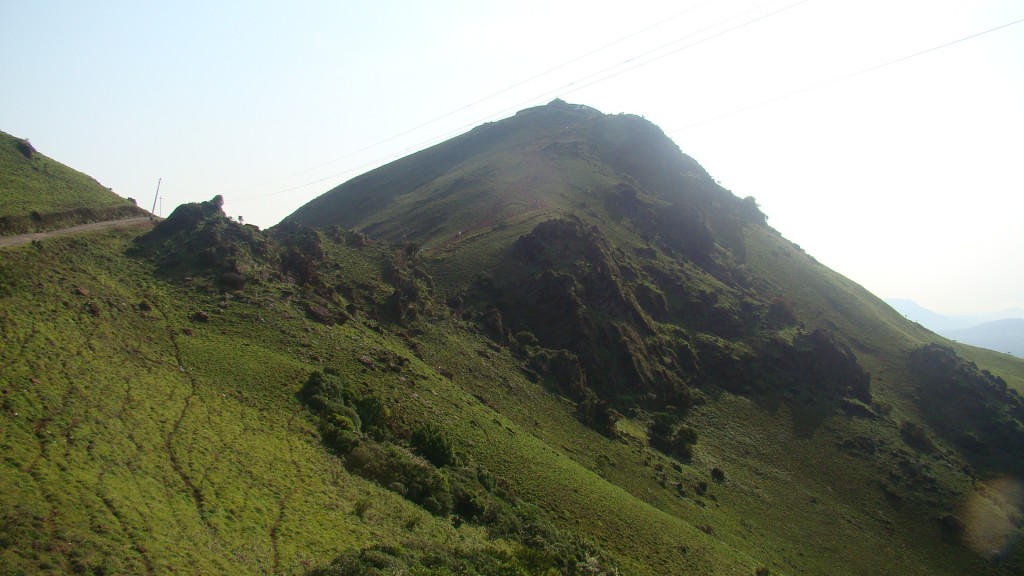
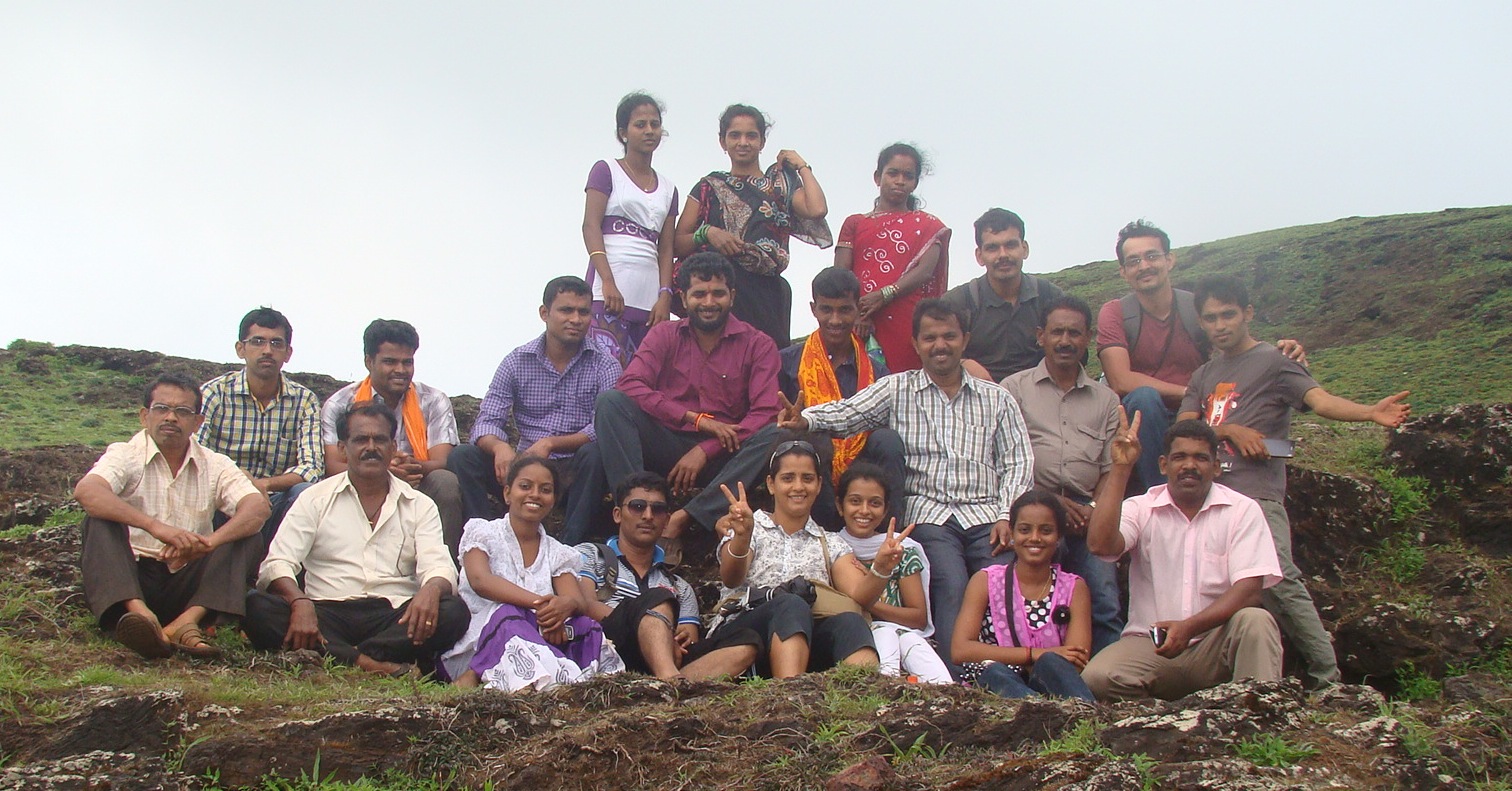
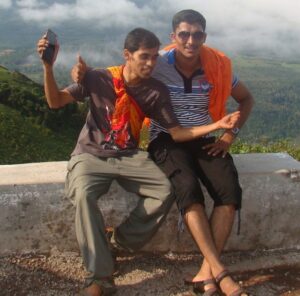

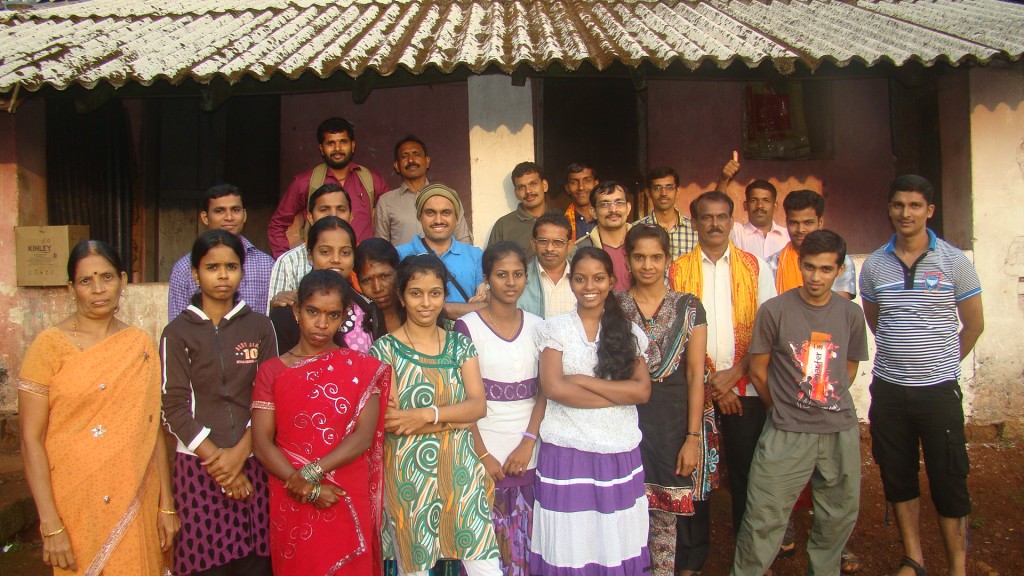 We saw many tourists like us that day since it was a Sunday. Being the highest point in Karnataka, it should certainly attract many visitors. We could see lush green mountains, green either with grass or trees. I observe that ghats that are on the western side of malnad have more trees and ghats on the easter side of malnad have more grass.
We saw many tourists like us that day since it was a Sunday. Being the highest point in Karnataka, it should certainly attract many visitors. We could see lush green mountains, green either with grass or trees. I observe that ghats that are on the western side of malnad have more trees and ghats on the easter side of malnad have more grass.
